In the quest for sustainable and reliable energy solutions, solar power has emerged as a frontrunner, driven by its abundance and environmental friendliness. At the heart of every solar energy system lies the solar inverter, a crucial component that transforms the direct current (DC) electricity generated by solar panels into alternating current (AC), making it compatible with our homes, offices, and industrial equipment. This article delves into the world of solar inverter on off grid, exploring their significance, functionality, and how they differ from grid-tied systems.
Definition of Off-Grid Solar Inverters
An off-grid solar inverter, also known as a standalone or standalone inverter, is designed to operate independently from the utility grid. It performs the vital task of converting DC power harvested from solar panels into AC power, enabling energy storage in batteries and subsequent utilization in remote or grid-unreachable locations. Unlike grid-tied inverters, which synchronize with the public electricity grid, off-grid inverters ensure a continuous power supply, even during grid outages or in areas where grid connection is impractical.
Types of Off-Grid Solar Inverters
When selecting an off-grid solar inverter, two primary types stand out: pure sine wave inverters and modified sine wave inverters. Pure sine wave inverters mimic the clean, smooth AC waveform of the utility grid, making them ideal for powering sensitive electronics like laptops, TVs, and medical equipment. On the other hand, modified sine wave inverters, while less expensive, produce a stepped AC waveform that might cause buzzing or malfunction in some devices. Choosing the right inverter type depends on your specific power requirements and the types of appliances you intend to run.
Workflow of Off-Grid Solar Inverters
The off-grid solar system operates in a seamless cycle. Solar panels capture sunlight and convert it into DC electricity, which is then routed to a battery bank for storage. When power is needed, the battery supplies DC electricity to the off-grid inverter, which converts it into AC power, ready to power your appliances. This process ensures a reliable and sustainable energy supply, even during nights or cloudy days.
Advantages of Off-Grid Solar Inverters
Solar inverter on off grid offer numerous advantages. Firstly, they provide stable power generation, capable of operating efficiently even under low light conditions, thanks to advancements in technology. This makes them ideal for remote areas, disaster-prone regions, or anywhere with unreliable grid access. Secondly, they promote energy independence, reducing reliance on fossil fuels and minimizing carbon emissions. Lastly, they can significantly lower energy bills for households and businesses, especially in locations with high electricity costs.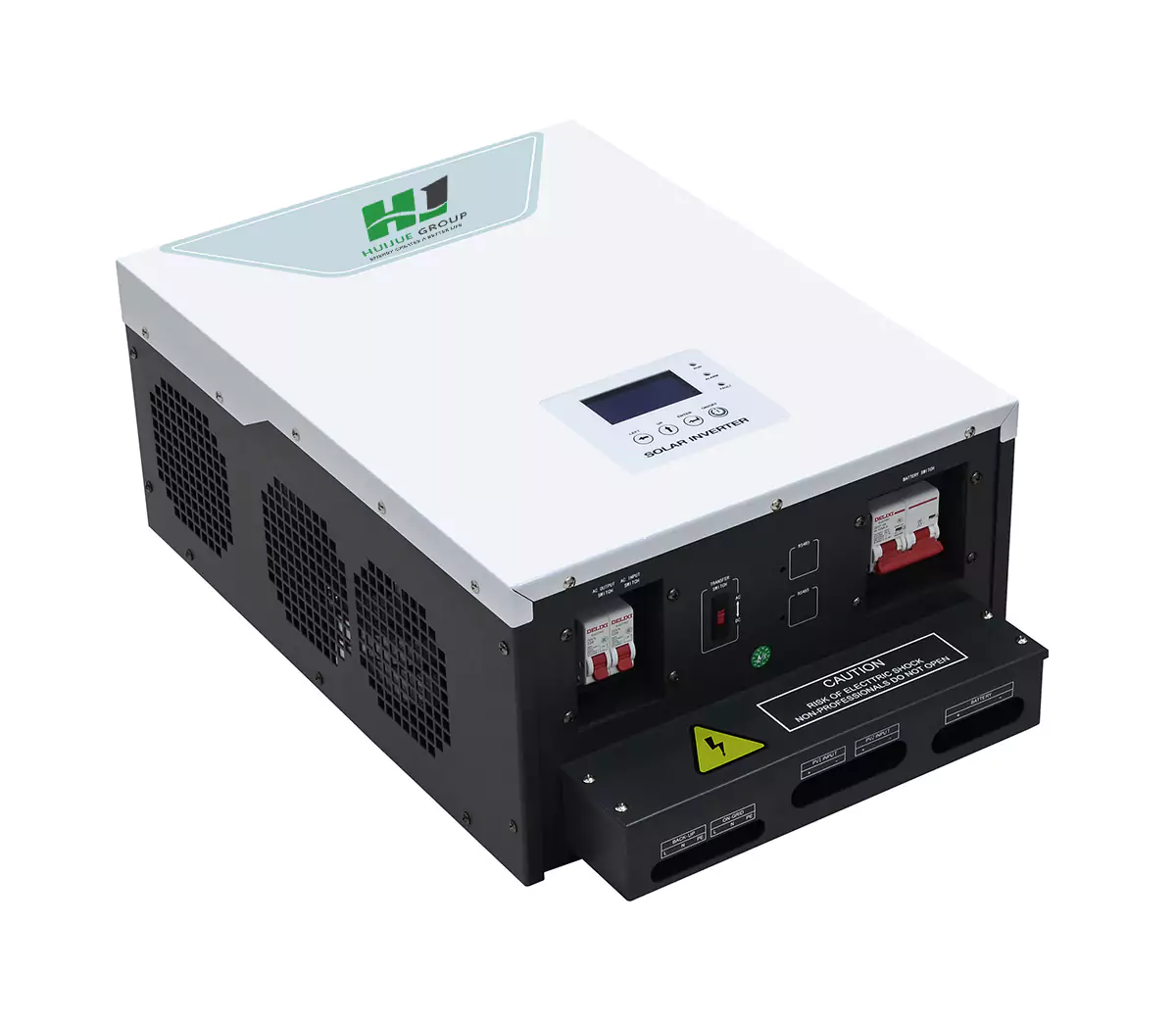
Efficiency of Off-Grid Solar Inverters
Efficiency is a crucial factor in choosing an off-grid solar inverter. Modern inverters typically boast an efficiency range of 80-85%, with high-end models reaching up to 93-95%. This means that a significant portion of the DC power generated by solar panels is converted into usable AC power, minimizing energy loss. To maximize efficiency, it's essential to select an inverter that matches your system's capacity and energy demands, ensuring optimal performance.
Application Instances
Solar inverter on off grid have found widespread application in diverse settings. From remote cabins and farms to scientific research stations and off-grid communities, they provide a reliable and cost-effective energy solution. In households, they enable families to live off the grid, powering their homes with clean, renewable energy. In businesses, they can significantly reduce energy costs and improve sustainability, particularly for those operating in remote or underserved areas.
Off-grid Solar Inverters: Variants and Key Features
Off-grid solar inverters play a crucial role in converting direct current (DC) electricity generated by solar panels into alternating current (AC) electricity, which is suitable for powering homes, businesses, and other off-grid applications. Below are ten variants of solar inverter on off grid, along with their key features, specifications, and additional information.
Table: Off-grid Solar Inverter Variants
| Variant | Model | Brand | Input Voltage | Output Voltage | Output Power | Efficiency | Warranty |
|---|---|---|---|---|---|---|---|
| 1. Low Frequency Pure Sine Wave Inverter | NKM-1KW | SNADI | 85-138VAC / 170-275VAC | 110V/220V | 1000W | >85% | 1 Year |
| 2. Hybrid Off-Grid Inverter | FT-302 | Foshan Top One | 12V/24V/48V | 220V | 3000W | - | 12 Months |
| 3. MPPT Solar Hybrid Inverter | MID 15~25KTL3-X | Growatt | 1100V | 230/400V | 5000W - 25KW | 99.9% | 5/10 Years |
| 4. Revo Vm II PRO Off-Grid Inverter | Revo Vm II PRO | SOROTEC | - | 230 VAC | 3.5KW/5.5KW | - | 1 Year |
| 5. Low Voltage Off-Grid Inverter | Custom Model | Foshan Snat | 12V/24V DC | 110V/220V | 1KW - 1.2KW | >85% | 1 Year |
| 6. IP65 Protection Hybrid Inverter | Hybrid Inverter | Generic | - | - | 4.6KW - 6KW | - | - |
| 7. Off-Grid Solar Inverter with LCD Display | Custom Model | Multispecialty | 12V/24V DC | 110V/220V | 1000W - 2000W | - | 1 Year |
| 8. Triple Phase Off-Grid Inverter | Triple Phase Inverter | Industry Standard | - | 230/400V (3P) | 10KW - 20KW | 98% | 3 Years |
| 9. Portable Off-Grid Solar Inverter | Portable Solar Inverter | Portable Brand | 12V DC | 110V/220V | 500W - 1000W | 88% | 2 Years |
| 10. Customized Off-Grid Solar Inverter | Customized Model | Custom Manufacturer | Customizable | Customizable | Customizable | Customizable | Customizable |
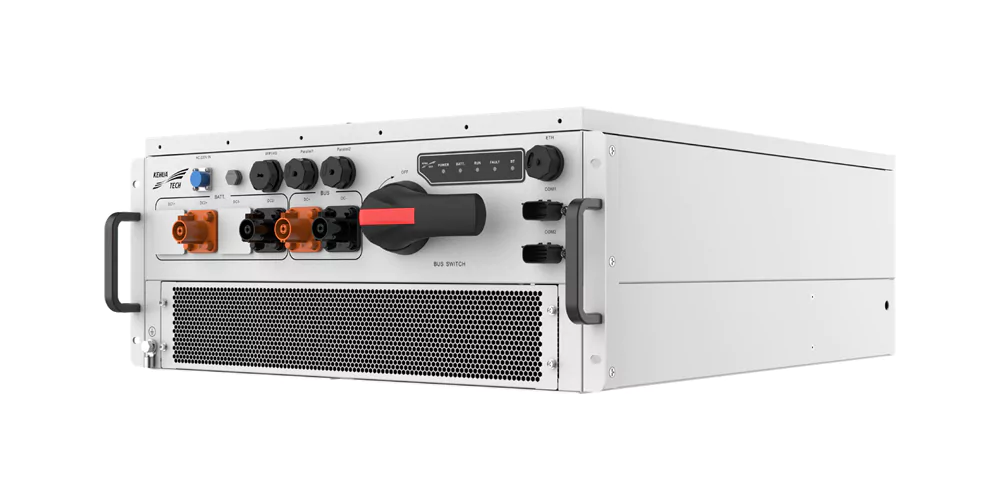
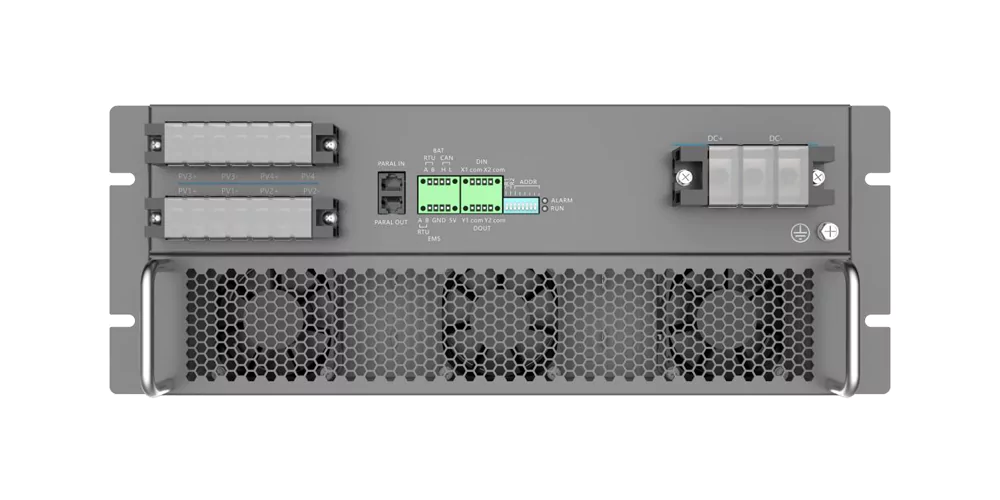
Key Features and Additional Information
- NKM-1KW Off-Grid Inverter
- Efficiency: >85%
- Communication: RS485/WiFi (optional)/GPRS (optional)
- Display: LCD Display
- MPPT Range: 60V-150VDC
- FT-302 Hybrid Off-Grid Inverter
- Waveform: Pure Sine Wave
- Transfer Type: -
- Rated Power: 3KW
- Surge Power: 9KW
- MID 15~25KTL3-X MPPT Solar Hybrid Inverter
- Output Current: 40.2A
- Output Frequency: 50/60 Hz
- WIFI Available: OLED+LED/WIFI+APP
- Application: On-Grid Solar System
Off-grid solar inverters are the cornerstone of independent, renewable energy systems, empowering individuals and communities to harness the power of the sun. As technology advances and costs continue to decline, their significance in sustainable energy solutions will only grow. The future holds great promise for solar inverter on off grid, as they pave the way for a cleaner, greener, and more self-sufficient world. By embracing these innovative technologies, we can collectively work towards a more sustainable future, powered by the endless energy of the sun.



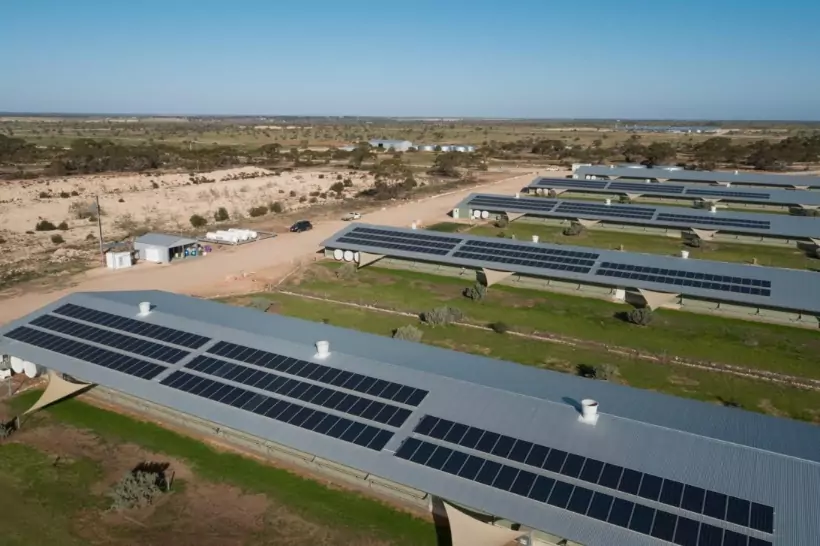
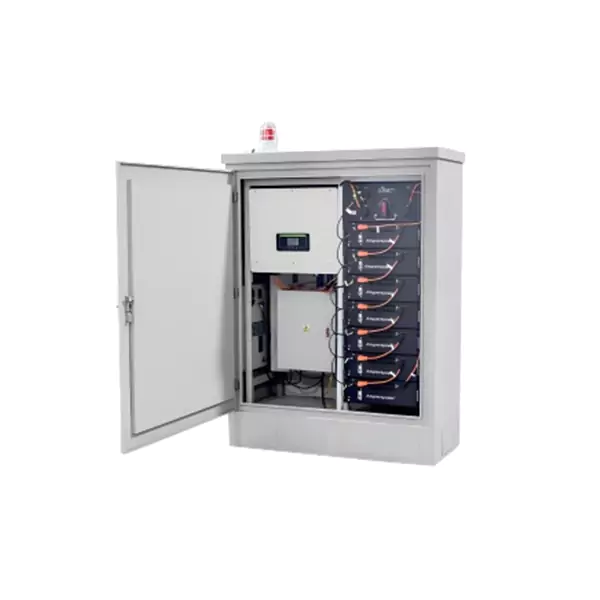
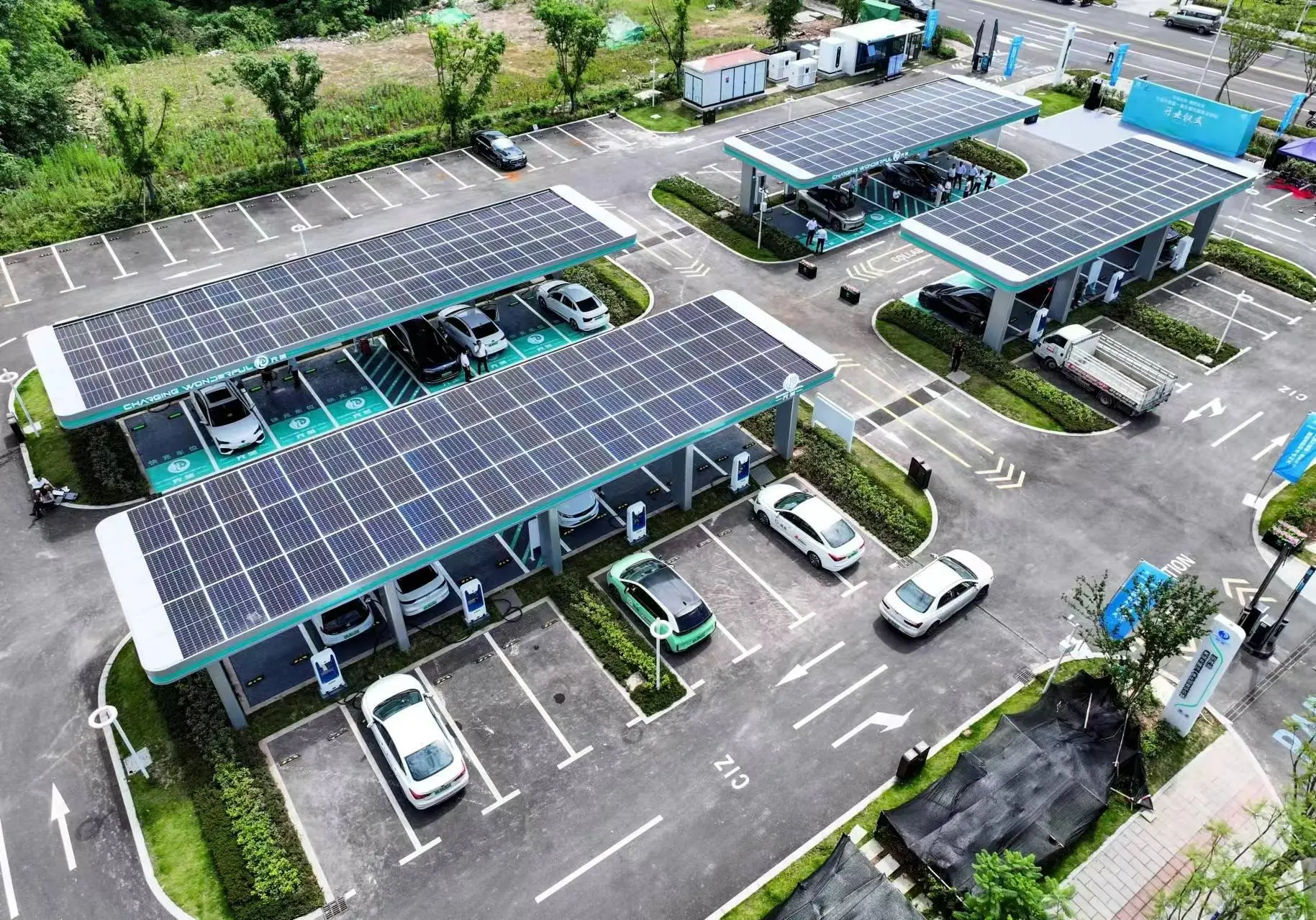
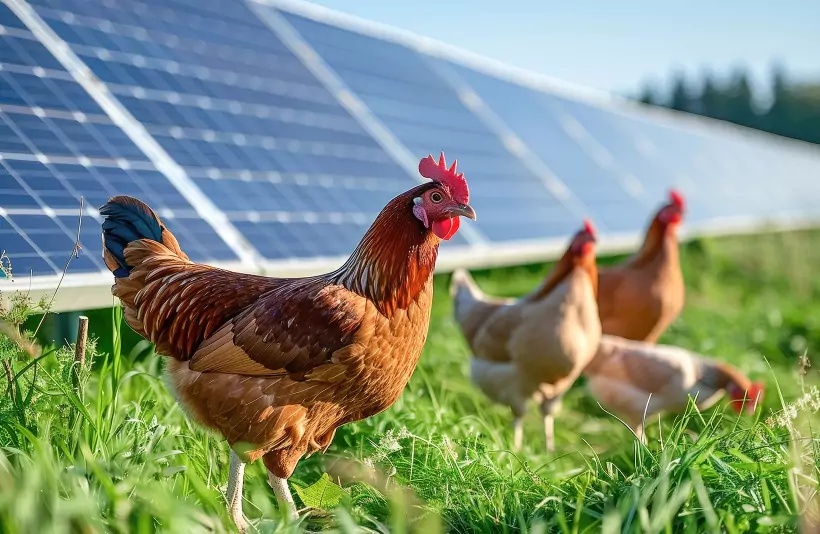
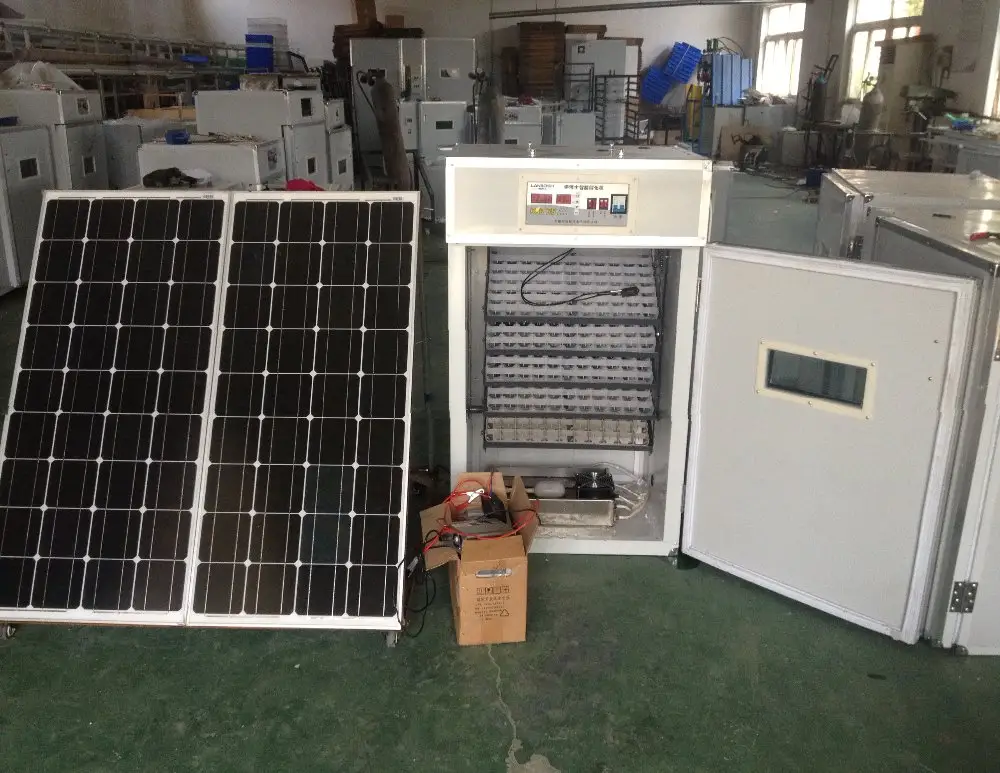
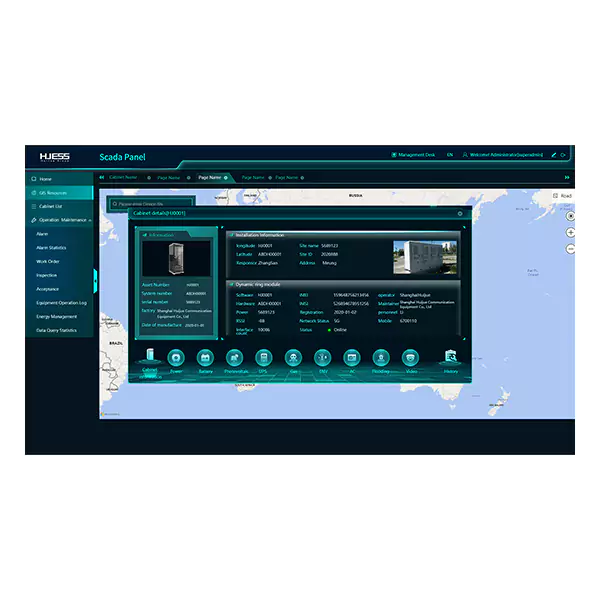
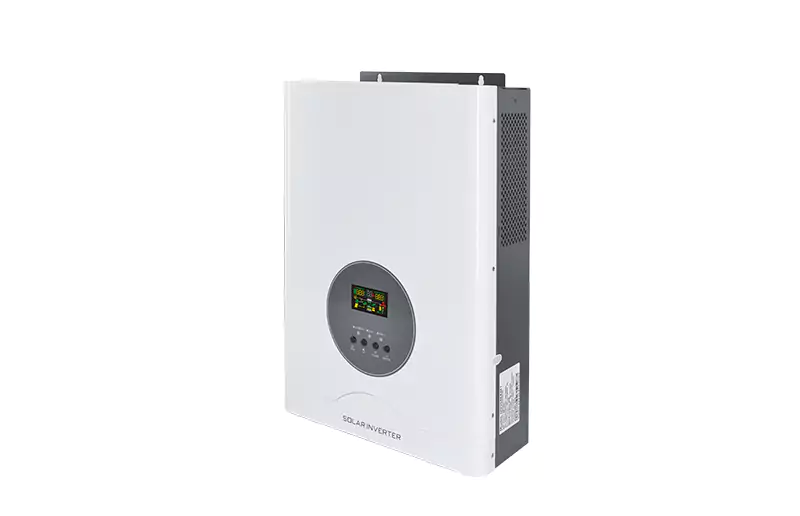
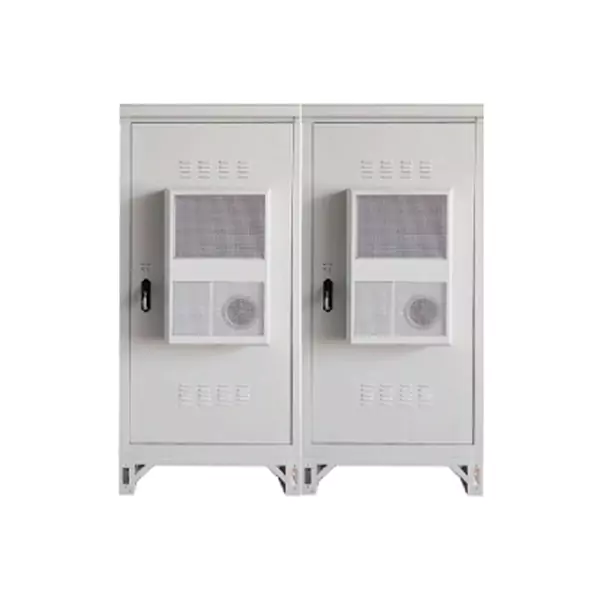
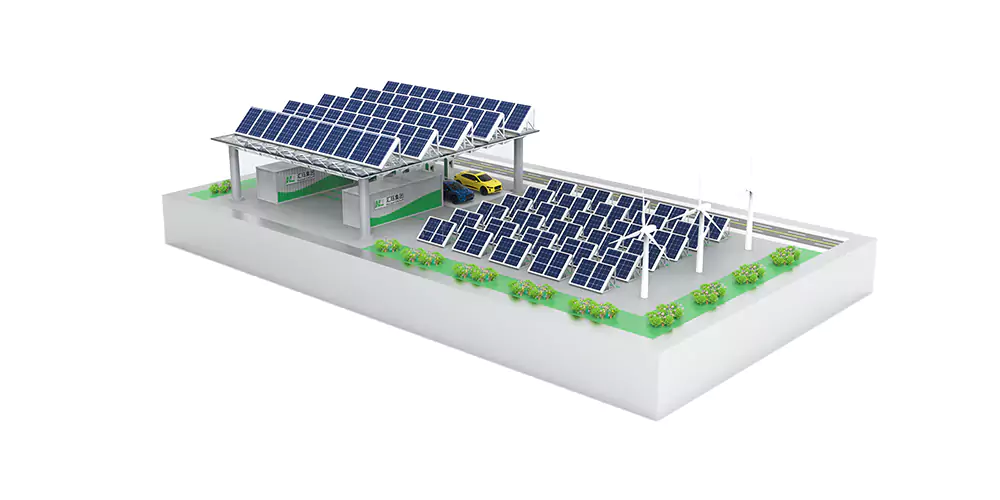
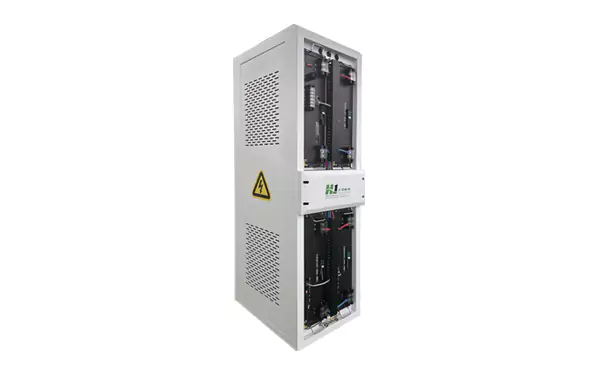
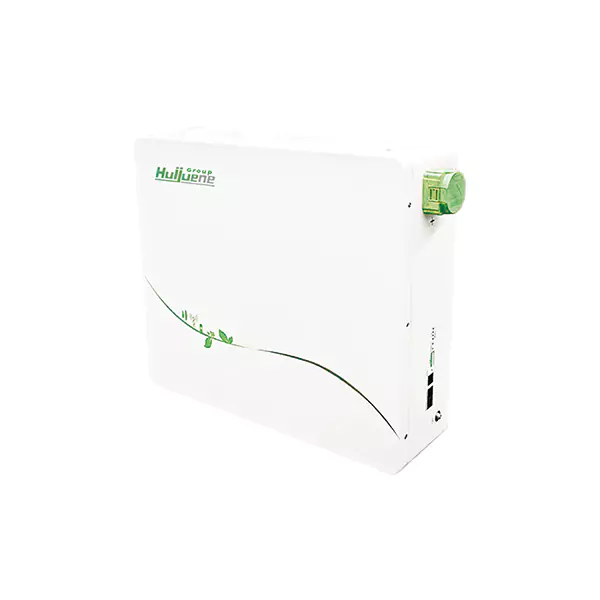
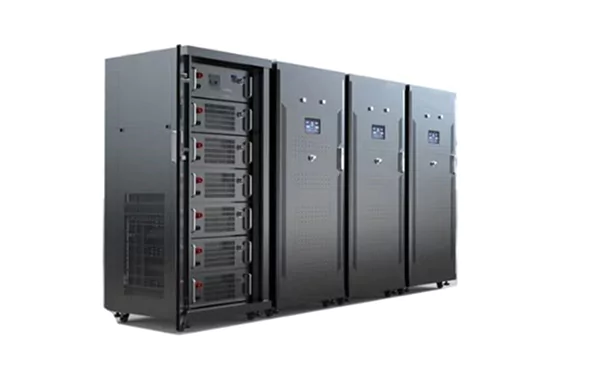
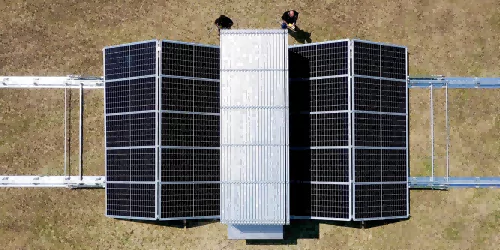
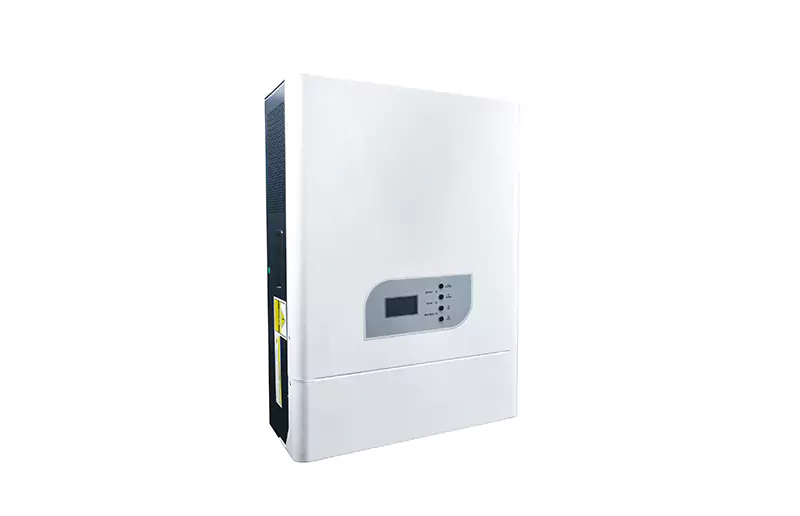
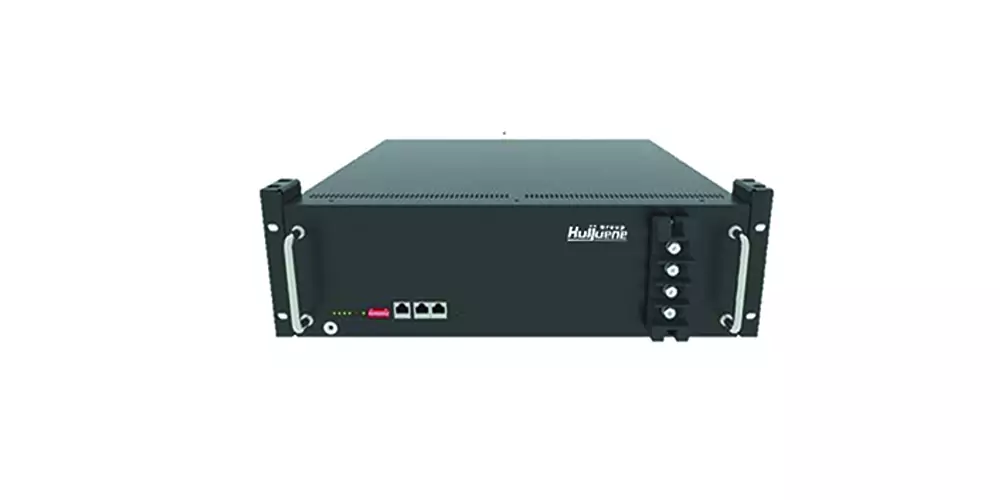
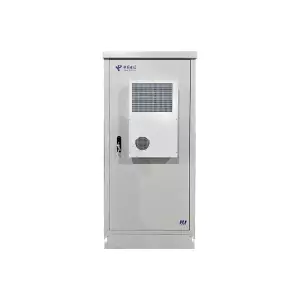
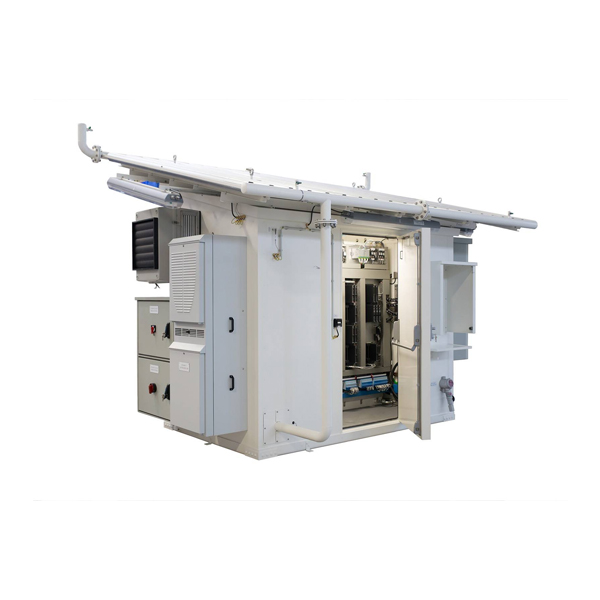
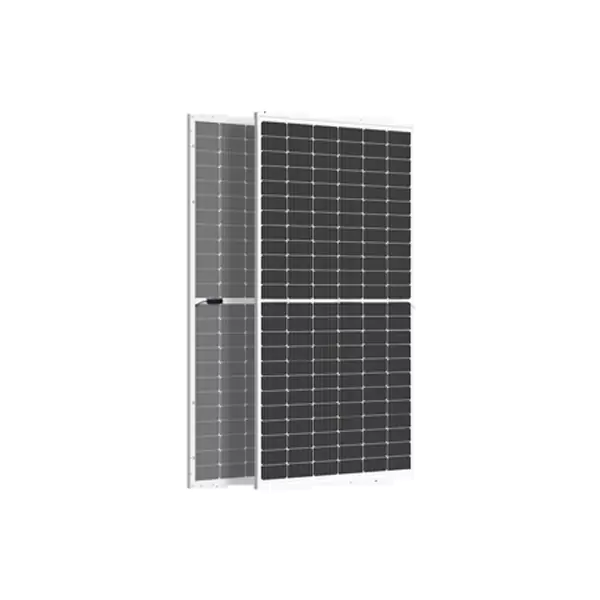
 Inquiry
Inquiry Online Chat
Online Chat